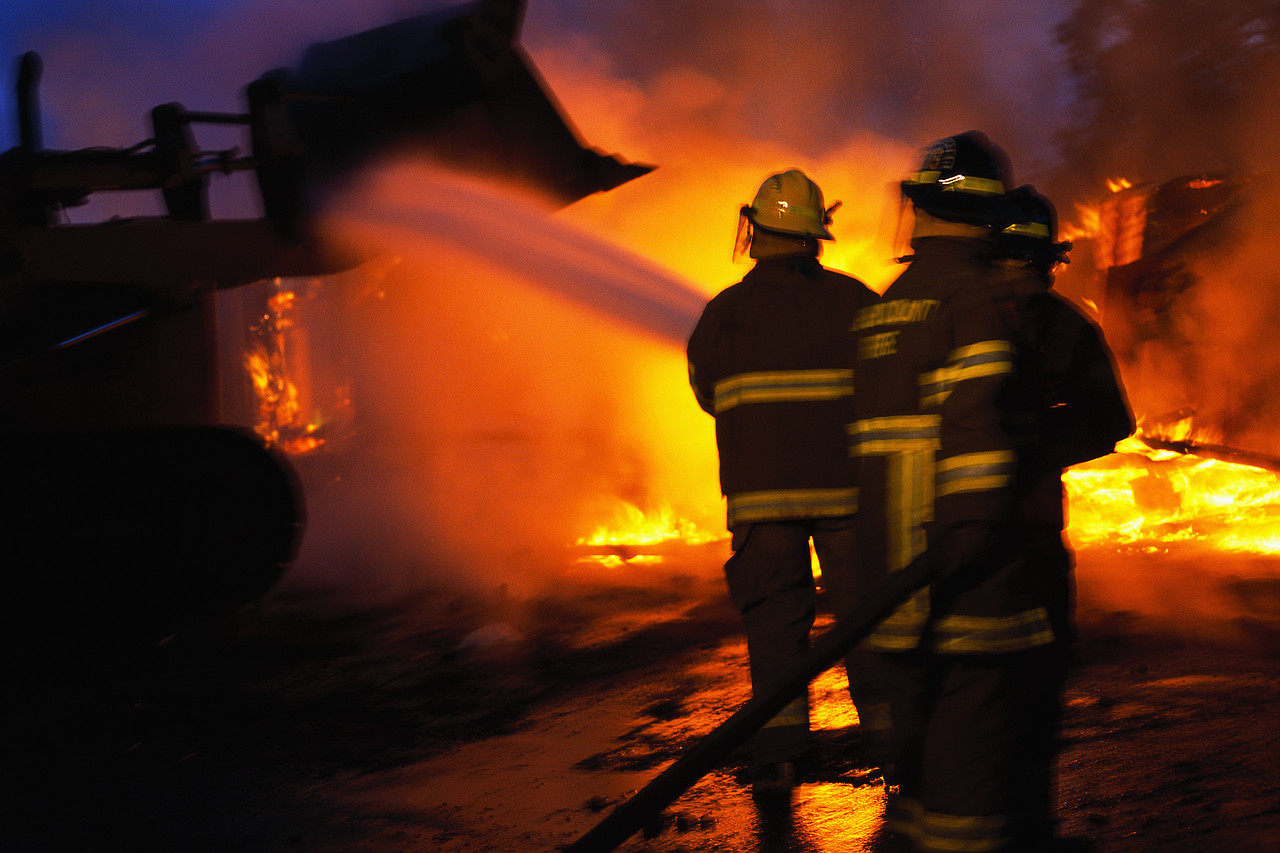
As a writer of paranormal thrillers, the world of the occult fascinates me. On looking at the dictionary definition of the word 'occult', I see it can mean 'esoteric knowledge', 'secretive mystery' and/or the 'supernatural'.
To me the world of occult is mainly associated with the supernatural. It can include such things as Extra sensory perception, spirits, special powers, demons and devils, doppelgangers, possession and special powers (such as telekinesis, telepathy etc.). All these things are great themes/plots for the supernatural thriller writer. However one thing that is uppermost in my mind when I write is that, irrespective of the supernatural elements, the story must still hold together as a well plotted tale with good, believable characters. It must have the elements of a thriller with rising tension, conflict and suspense and a character in jeopardy.
 I also do believe that stories centred on the occult world
should grip readers and the supernatural element should be unnerving, scary and
even a little terrible. Readers of these kinds of stories expect to be
transported to an alternate reality where supernatural abound and yet are still
pretty scary.
I also do believe that stories centred on the occult world
should grip readers and the supernatural element should be unnerving, scary and
even a little terrible. Readers of these kinds of stories expect to be
transported to an alternate reality where supernatural abound and yet are still
pretty scary. In the reader's minds a little voice poses the question, at least for the duration of the story, ”could this possibly happen?” Suspension of disbelief is what keeps horror and supernatural writers going, as well as the enjoyment of heightened sensations if the story scares as much as it should. The fear, I believe comes from the not knowing.
After all, we really don’t know what awaits us in the afterlife and the possibility of spirits, ghosts etc is not that unbelievable to many people. And lots of perfectly rational folk do indeed believe in the Devil and Demons (for that matter many religions do too). I guess it is this notion of belief and the outside possibility of these things actually happening that captures the imagination of so many supernatural thriller readers – including me!
So can you suspend disbelief to read a supernatural
thriller?











